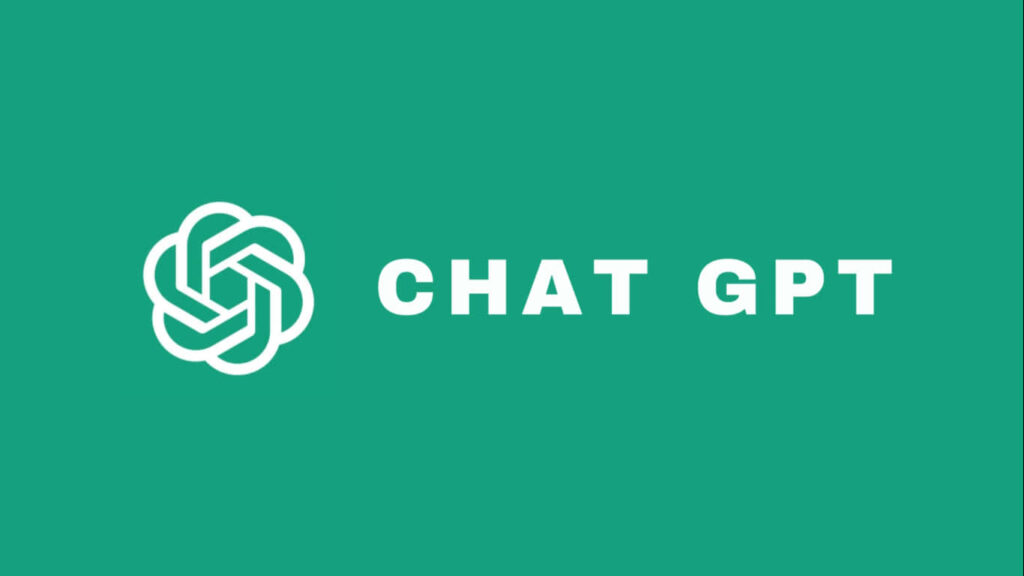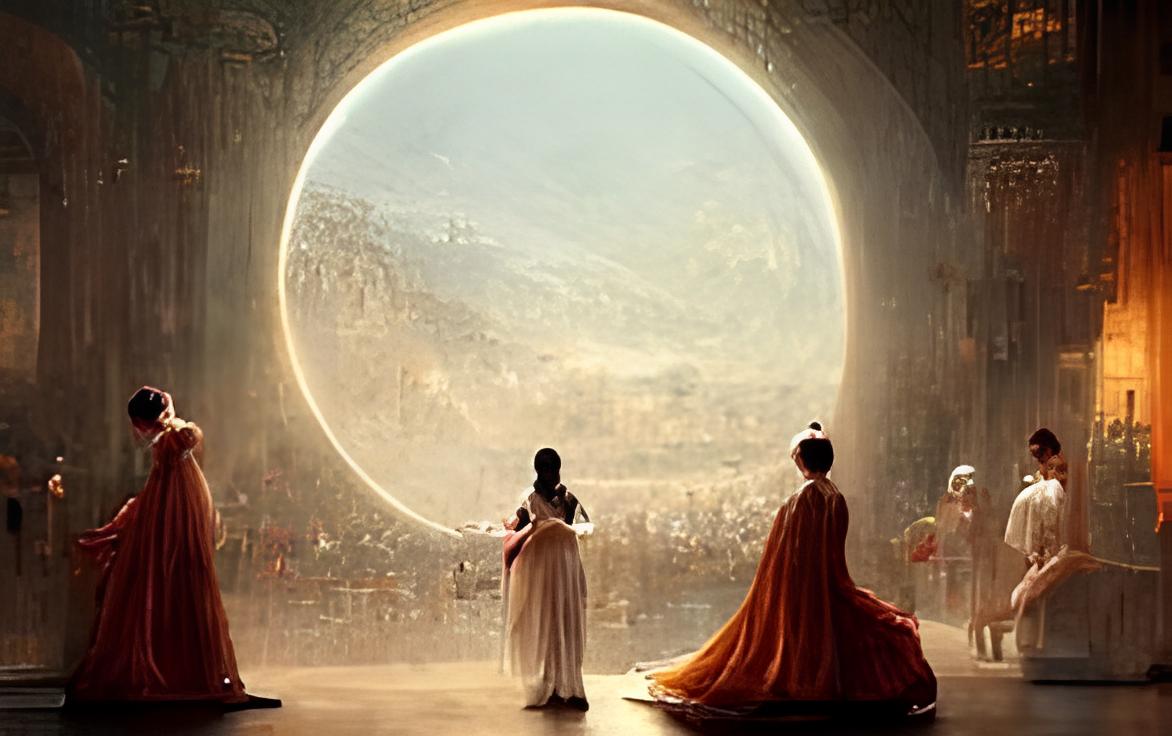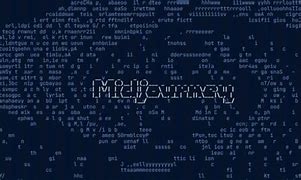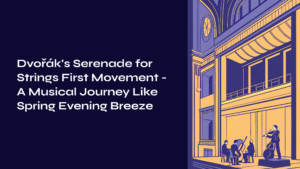Table of Contents
Introduction to Stylizing in Midjourney
To stylize in Midjourney is to enter a universe full of opportunities for the expression of people. The platform offers tools that are unmatched, whether you’re trying to capture the fine details of a picture, the dynamic stances of sports models, the tailored aesthetics of fitted models, or the sheer elegance of brilliantly depicted people. You will be guided through the nuances of these styles by this guide, ensuring that you take full use of Midjourney’s contributions.
Portraits : Detailed and lifelike representations capturing the essence of individuals.
This is the most basic style created when creating a character in ‘Midjourney’, and appears without having to enter it directly at the prompt. However, if you do not write the prompt, a different style of picture may appear, so you will need to write ‘People’ to get a portrait image. Enter ‘profile’ to see a side photo of your face.
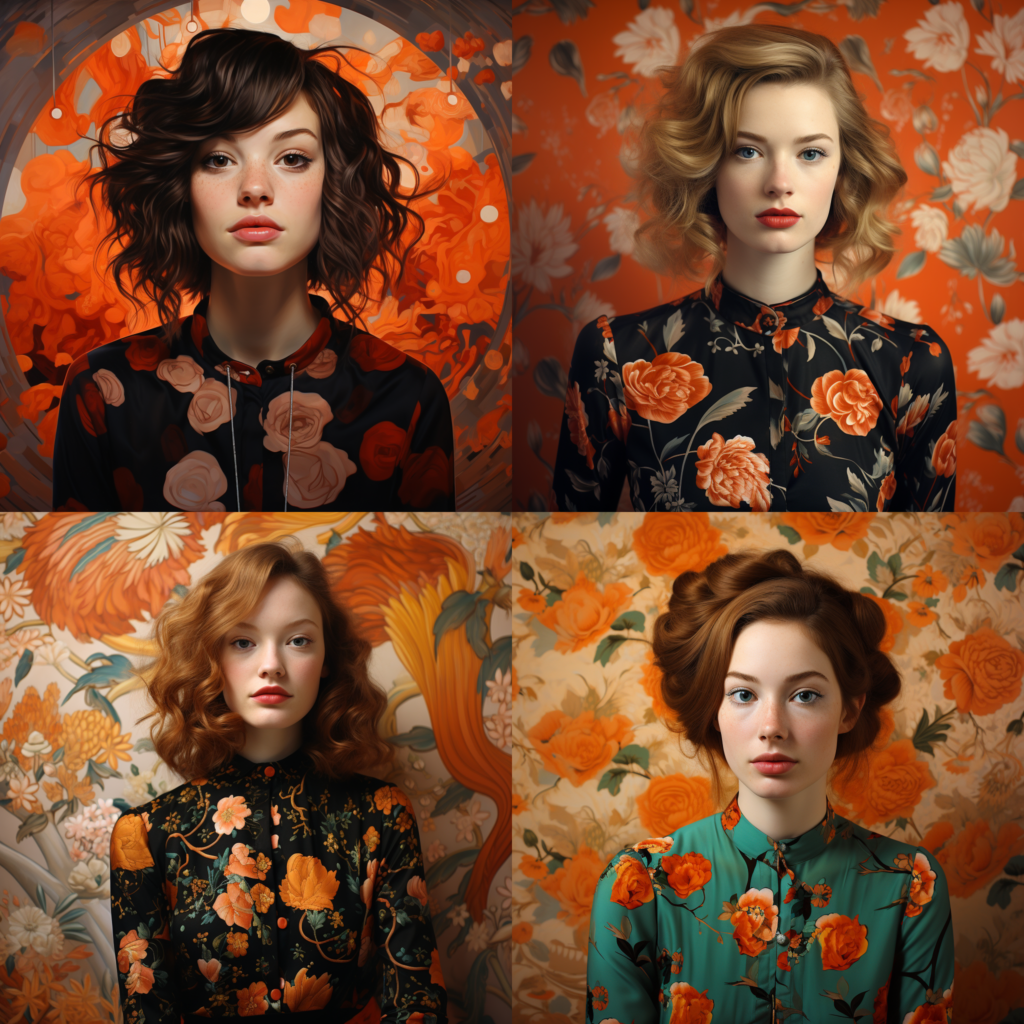
A random portrait of a woman in her 20s was printed like this.
This time, let’s write down the prompt in a more specific way.
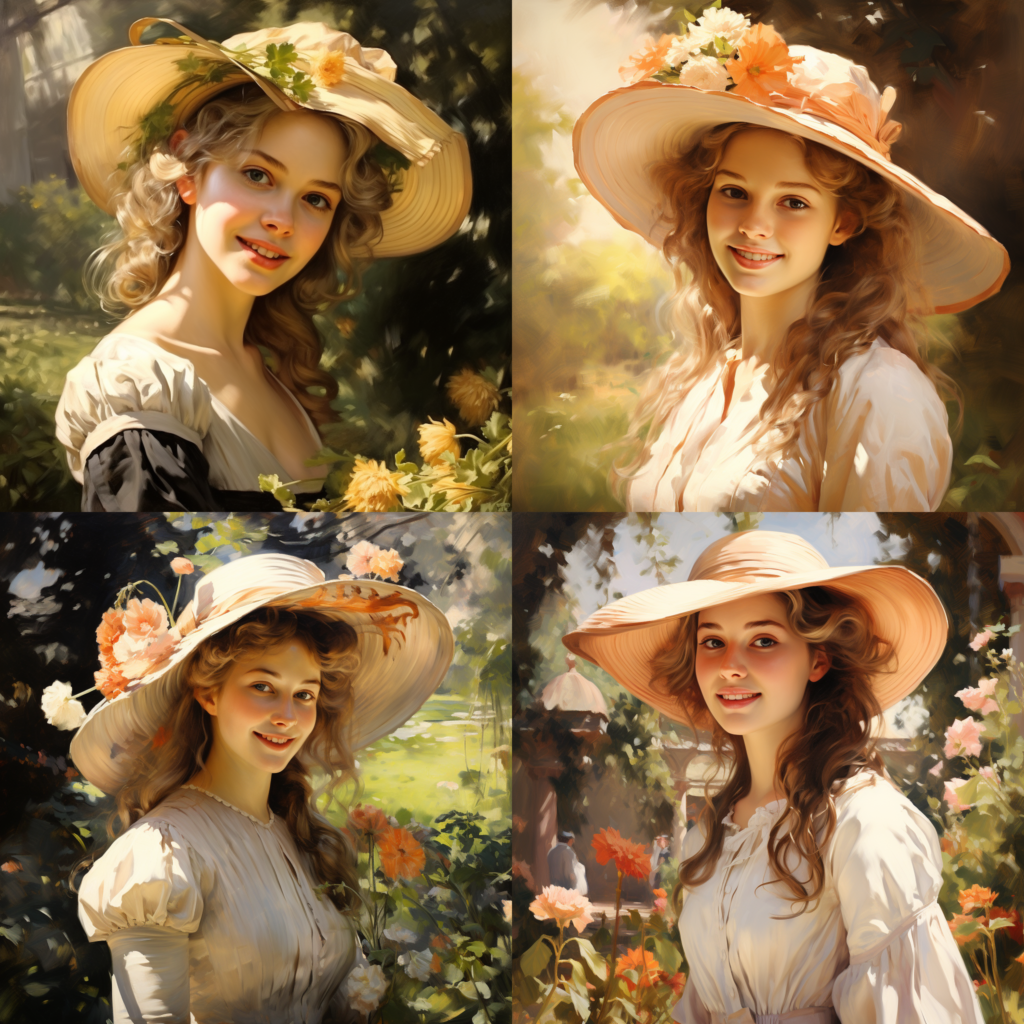
If you enter the command specifically like this, you can get excellent results.
Full-body Shots : Emphasizing stance, posture, and attire.
One of the things people who are not used to using Midjourney say is that it is difficult to draw full body shots. But the way to solve it is surprisingly simple. Full body shot, inserting commands. Sometimes, if it doesn’t work even after using full body shot, you can easily get the desired result by using –ar 9:16 at the end of the prompt.
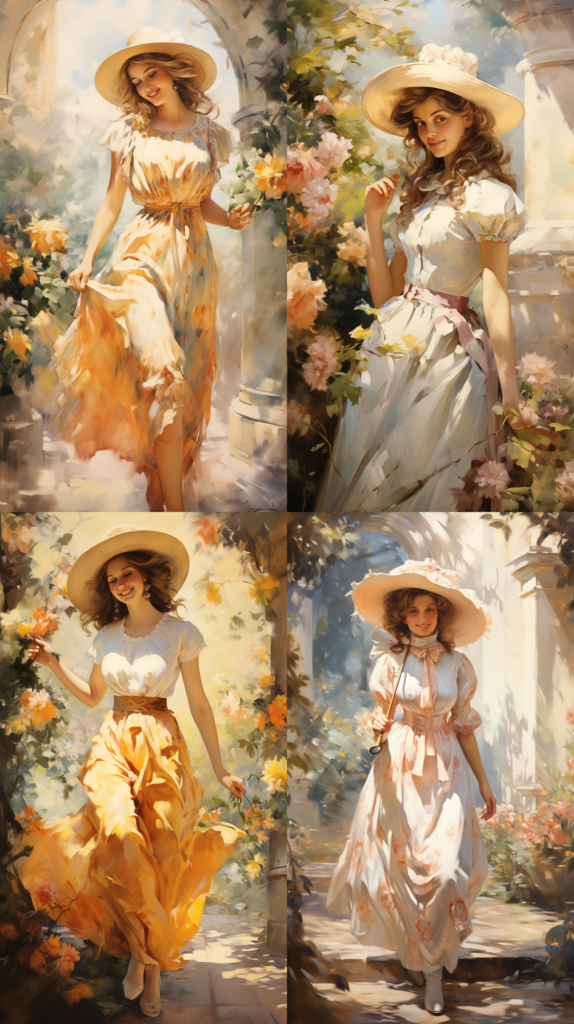
Real-life Photos : Creating images with the ambiance of genuine snapshots.
I will try to print it out like in the picture. The command is very simple. It is ‘Real picture’. If you include Real picture in the command, you can get photo-like output.
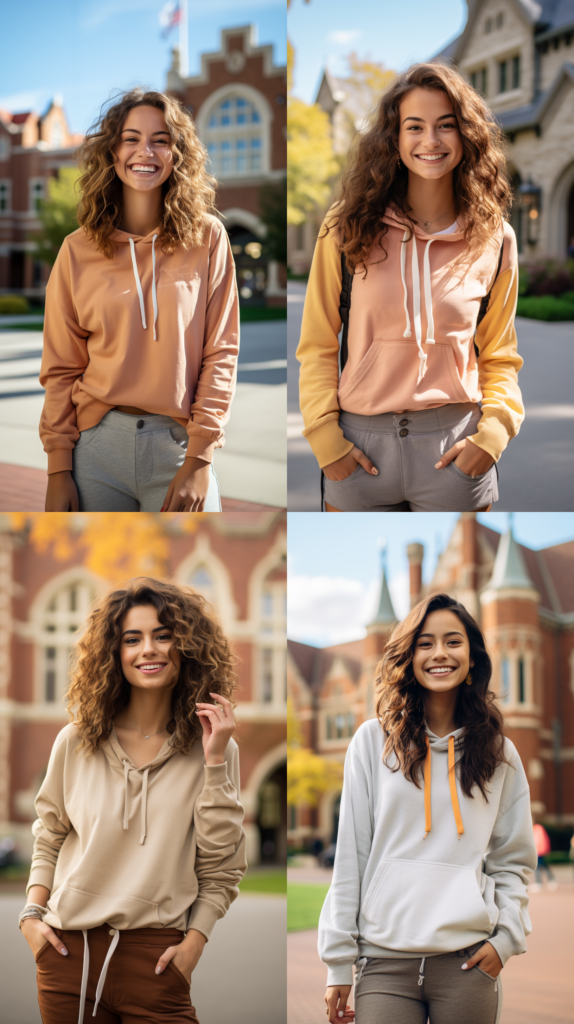
There are some things to keep in mind before using Midjourney’s output. There are many cases where hands and feet are depicted unnaturally, as shown in the photo above, so we recommend that you check carefully before use.
Mock-up Models : Tailored visuals for presentations and product designs.
When producing and marketing new clothing, it is often necessary to dress models and take pictures. It costs a lot each time, and it’s difficult to recruit popular models. For simple marketing, it is very useful to use Midjourney to create virtual models and synthesize clothing designs.
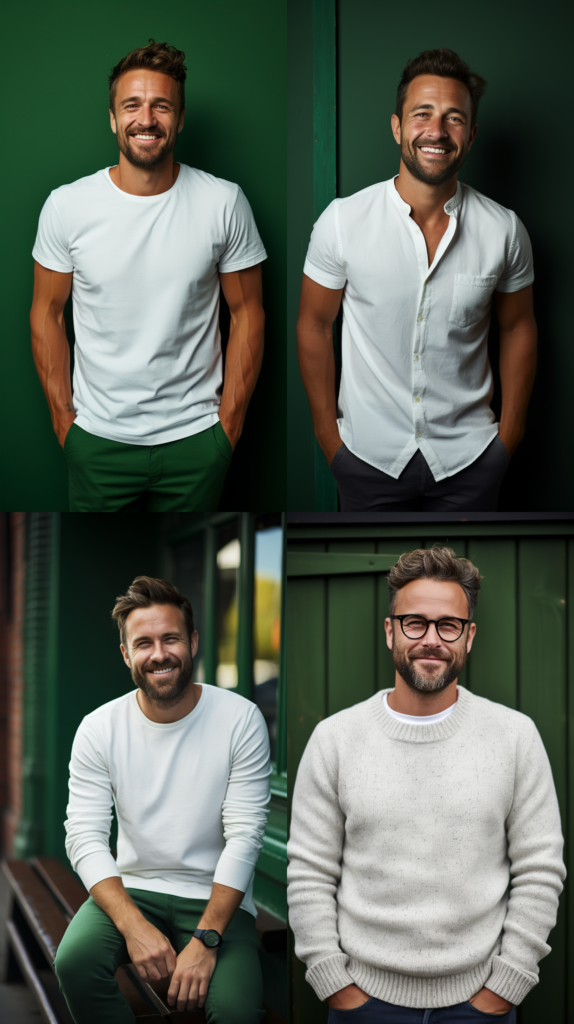
Navigating Midjourney’s Interface: A user-friendly guide to crafting desired visuals.
To make it easier to use Midjourny, we created a table of Type, Technique, and Style/Form and wrote a brief description. I hope you find it useful as needed.
| Style/Form | Description |
| Illustration | Artwork created to visualize or accompany text or narrative. Often in books, magazines, and advertisements. |
| Cartoon | Simple drawings, humorously exaggerated. Used for satire, caricature, or humor. |
| Manga/Comics | Sequential art with a series of images. Manga is Japanese; “comics” is more general. |
| Pop Art | Emphasizes the aesthetic value of everyday objects. Often references popular culture. |
| Graffiti | Drawings or writings on surfaces, usually without permission. Ranges from simple words to elaborate paintings. |
| Concept Art | Artwork created to visualize ideas for movies, video games, or other media. It’s a form of illustration. |
| Surrealism | Art that merges dreamlike or fantastical elements with reality. |
| Abstract Expressionism | Emphasizes spontaneous, automatic, or subconscious creation. |
| Digital Art | Created using digital tools, encompassing a range of styles but done electronically. |
| Photorealism | Paintings that are so detailed they resemble high-resolution photographs. |
| Street Art | Visual art created in public locations, often unsanctioned but can be commissioned. A broader category than graffiti. |
| Collage | Art made by adhering various materials to a surface, like paper on canvas. |
| Kinetic Art | Art that involves motion, powered by wind, motors, or viewer interaction. |
| Minimalism | Emphasizes simplicity, using minimal components like shapes, colors, and textures. |
| Pixel Art | Digital art where images are created and edited at the pixel level. Common in old video games. |
| Charcoal Sketch | Drawings made using charcoal, known for its rich blacks and ability for broad strokes. |
| Technique/Medium | Description |
| Oil Painting | Uses oil-based pigments. Known for its rich color, ability to blend, and slow drying time. Can be applied on canvas, wood, etc. |
| Watercolor | Uses water-soluble pigments. Characterized by its translucency and ability to build layers. Typically applied on paper. |
| Ink Wash Painting | An East Asian type of brush painting that uses black ink, similar to that used in calligraphy. It’s often very expressive and captures the essence of the subject. |
| Acrylic Painting | Uses acrylic-based pigments. Dries quickly and can be applied on various surfaces. Can mimic both oil and watercolor techniques. |
| Gouache | A type of watercolor that’s more opaque. It has a velvety matte finish and doesn’t show brush strokes as much. |
| Pastel | Uses pigment sticks with minimal binder, giving a soft, vibrant color. Appears powdery on the surface and is often used for portraits and landscapes. |
| Encaustic | Uses hot beeswax mixed with colored pigments. Known for its rich texture and luminosity. |
| Tempera | Uses pigments mixed with a water-soluble binder, often egg yolk. It dries quickly and has a matte finish. |
| Digital Painting | Created using digital tools on a computer or tablet. Mimics traditional painting techniques but is done virtually. |
| Type | Description |
| Portraits | Depict a person or a group of people. Focus on capturing facial expressions, personality, and mood. Often realistic. |
| Landscape | Depict outdoor scenes. Can range from realistic to stylized presentations of natural scenery like mountains, valleys, trees, rivers, etc. |
| Abstract | Art that does not attempt to represent an accurate depiction of visual reality. Instead, it uses shapes, colors, and forms to achieve its effect. |
| Still Life | Depict inanimate objects. Often includes things like flowers, fruits, vases, etc. in a composed setting. |
| Genre Painting | Shows scenes from everyday life. |
| Historical Painting | Depicts scenes from historical events or narratives. |
| Religious Painting | Focus on religious subjects, events, or figures. |
| Surrealism | A style that blends dreamlike or fantastical images with reality in an irrational way. |
| Realism | Attempts to represent subject matter truthfully, without artificiality and avoiding speculative fiction and supernatural elements. |
| Impressionism | Capture the sensory effects of a scene rather than its details. Often characterized by its distinctive brush strokes and emphasis on light. |
Conclusion: Reflecting on the expansive possibilities of Midjourney.
As we progress farther into the digital age, the ability to realize our visions through virtual platforms has become critical. To stylize in Midjourney is to engage on a journey of artistic inquiry and creation, not only to create a digital image. Midjourney has transformed how we view and conceptualize human shapes, from the intricate subtleties of portraits to the dynamic stances of sports figures, with its numerous styles and precision tools.
But it is Midjourney’s capacity to adapt and resonate with the user’s intent that truly distinguishes it. The platform meets you where you are, whether you are a professional artist, a fledgling creator, or someone simply wishing to breathe life into a digital canvas. It promotes research, stimulates creativity, and assures that each endeavor, no matter how large or small, reflects your distinct perspective.
To stylize in Midjourney is, in essence, to embrace the future of digital arts. Looking ahead, it’s interesting to see how this platform will continue to expand, changing and being molded by the creative minds who interact with it.
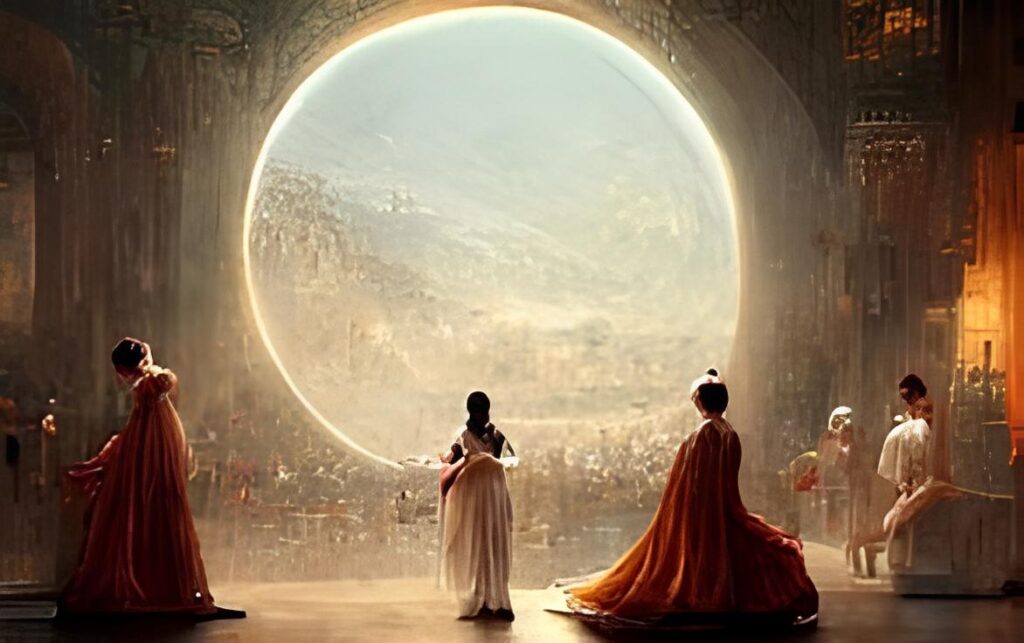
By using ChatGPT, you can use Midjourney more powerfully and easily. Click on the logo below to learn about ChatGPT.
